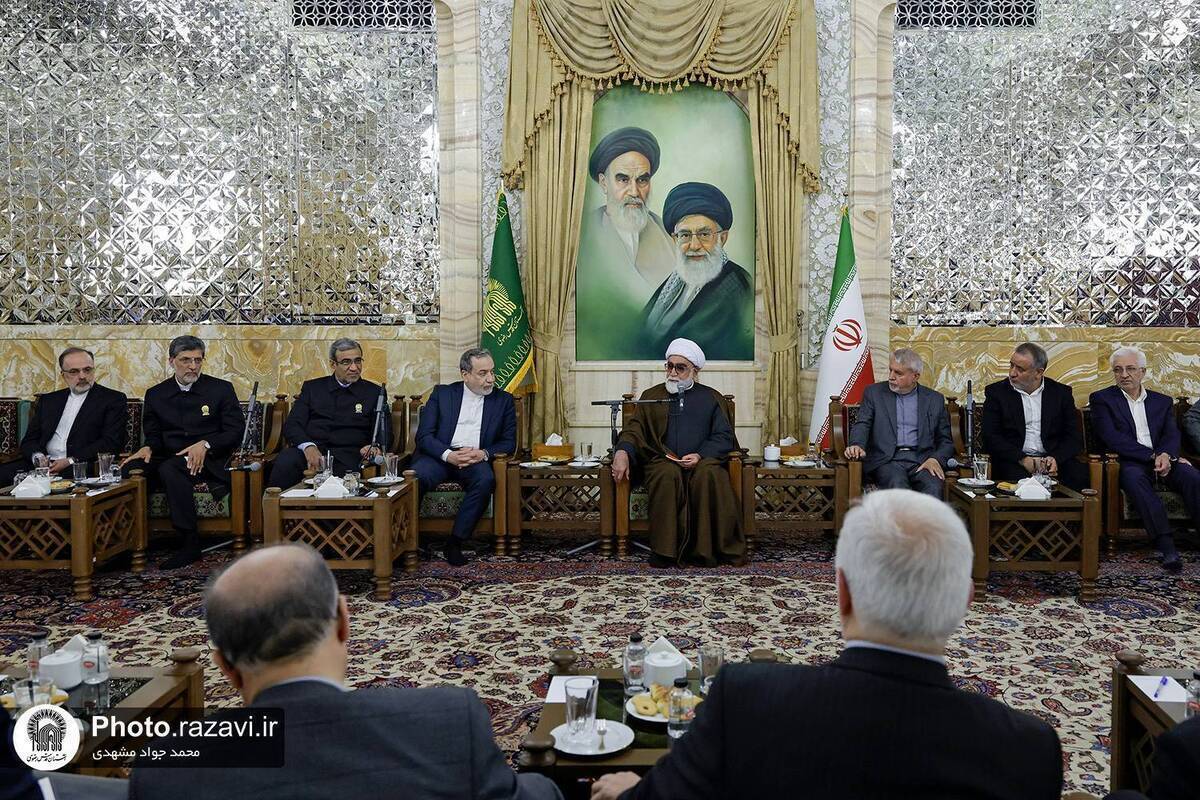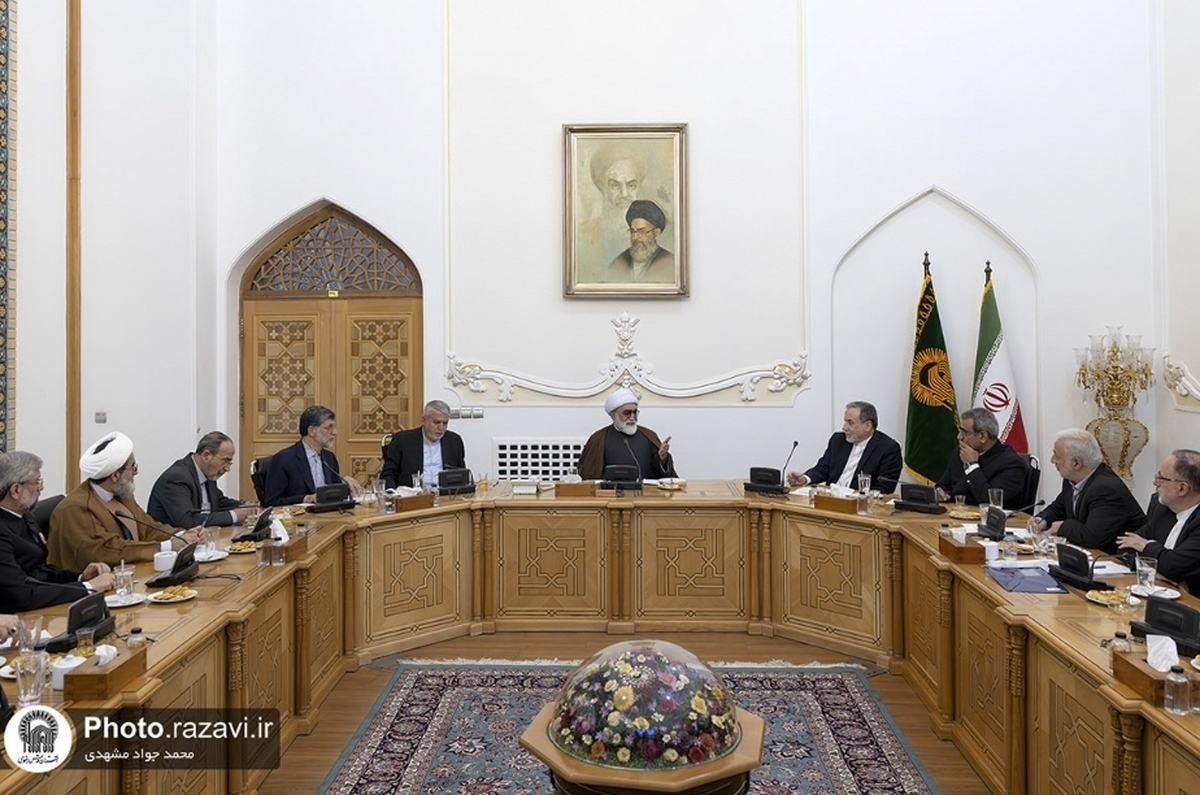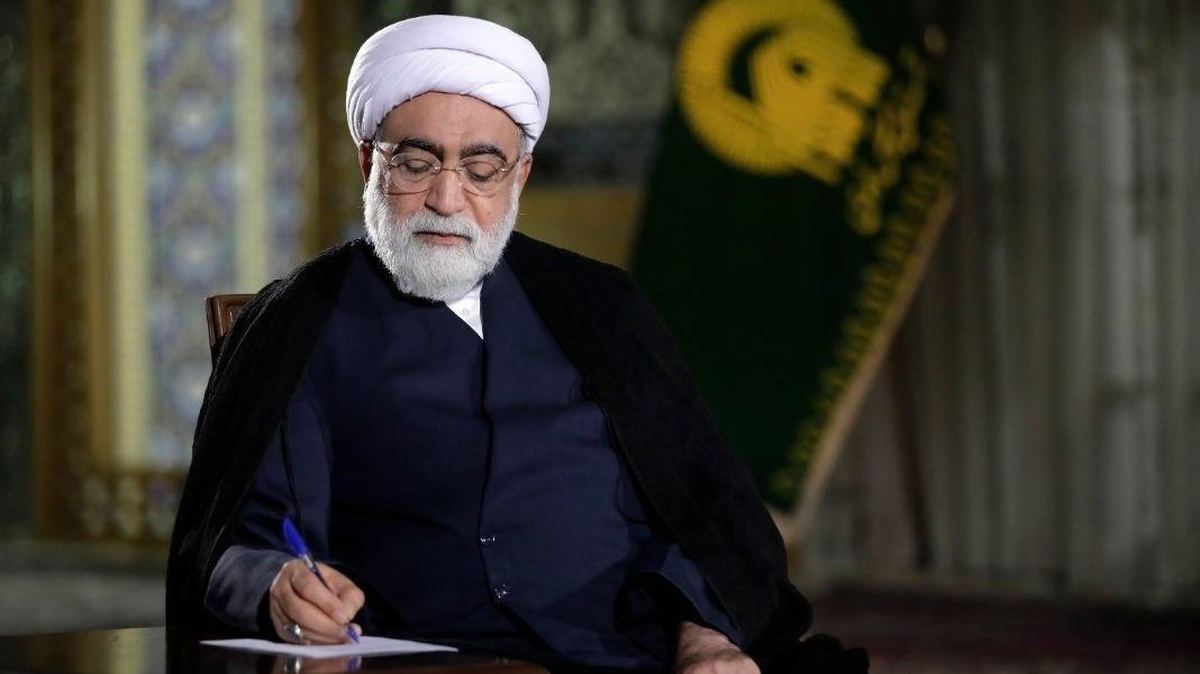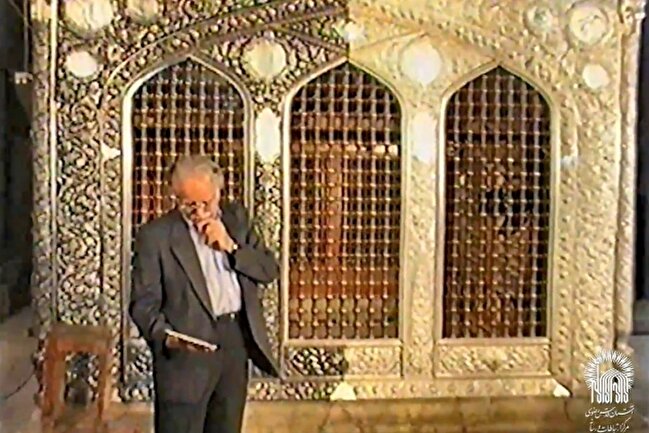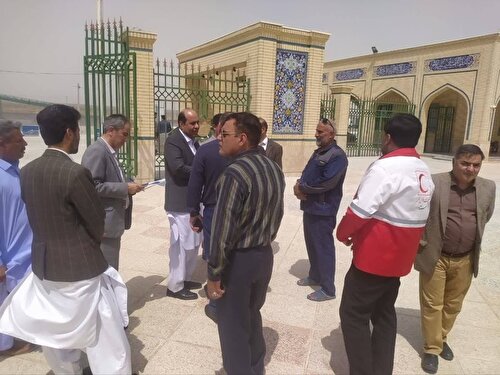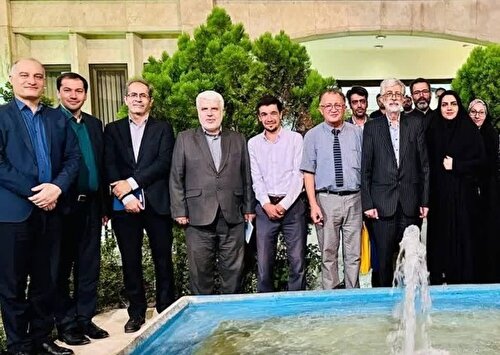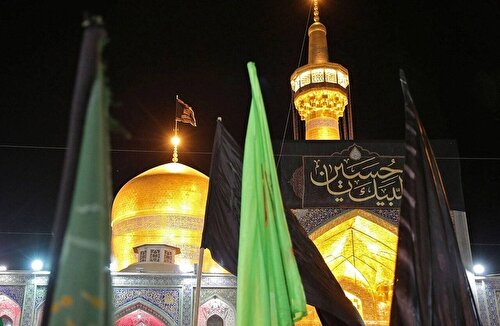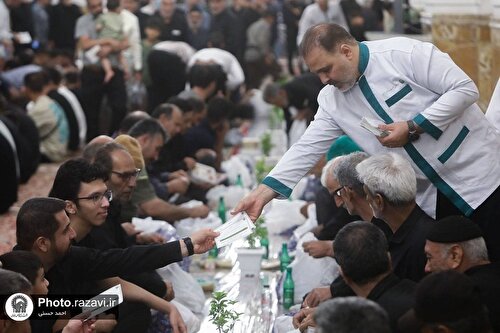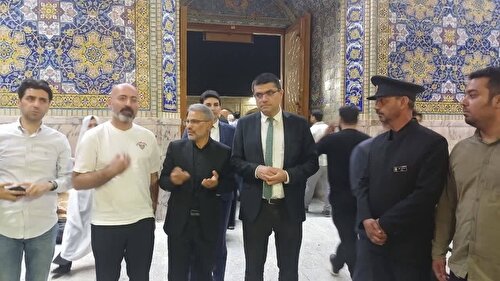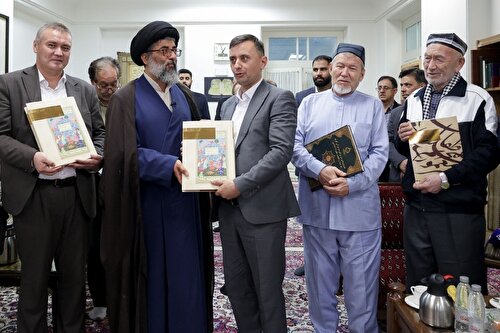Leader hailed as reviver of “taqriz” tradition in contemporary literature
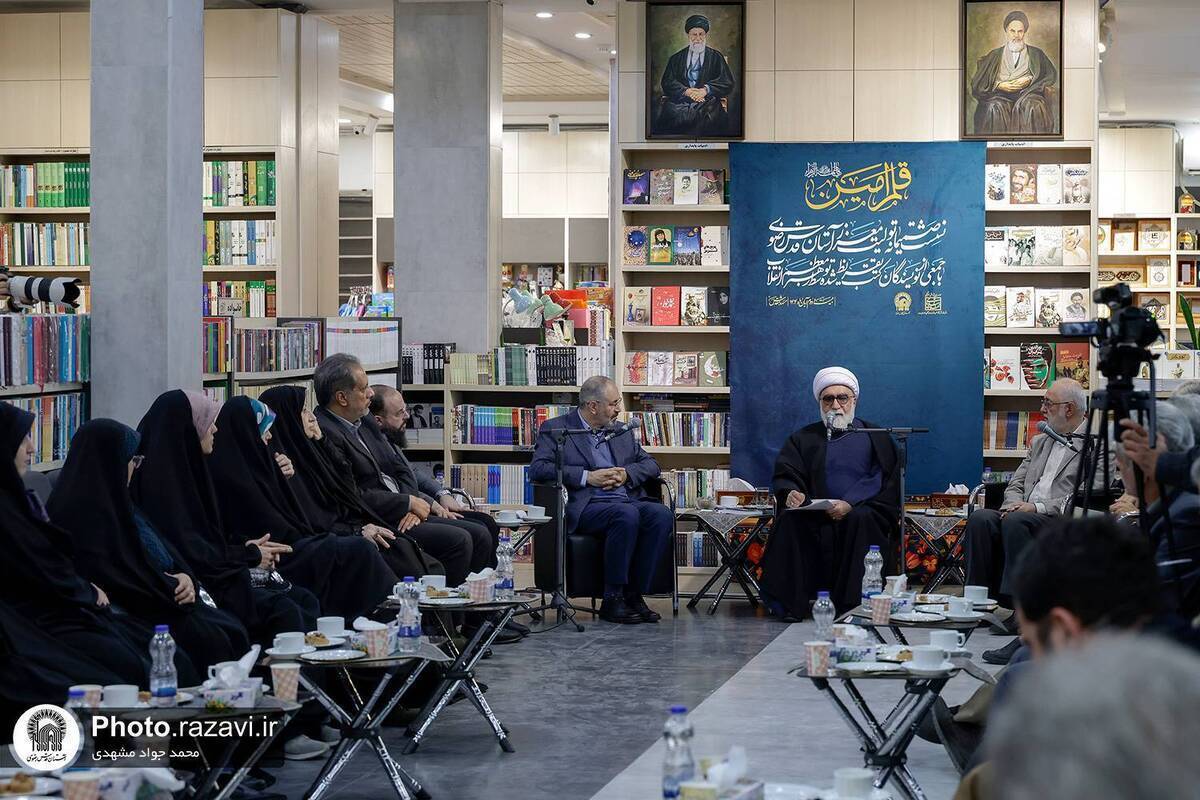
Ayat. Ahmad Marvi, the Custodian of Astan Quds Razavi, emphasized the need to revive reading culture in Iran, declaring the shrine’s readiness to spearhead national initiatives centered on the Imam Reza Shrine complex.
Speaking during Book Week at a gathering of authors whose works have received taqriz (commendatory endorsement) from the Leader of the Islamic Revolution, he stressed: “Reading must become part of everyday life rather than a ceremonial activity limited to select groups”.
AQR’S head pointed to concerning statistics on low reading rates and called for practical, grassroots action.
He invited writers nationwide to join a cultural movement aimed at embedding reading into the daily lives of young people and the wider public.
“Festivals and competitions”, Ayat Marvi said, “could help channel youthful energy toward study and reflection”.
The top official also urged authors to highlight aspects of Imam Reza’s legacy in their works, noting: “Devotion to the Imam transcends religious boundaries and resonates with Muslims and non-Muslims alike”.
Highlighting the literary tradition of taqriz, Ayat Marvi described it as an authentic practice once common among scholars, who wrote short notes at the beginning or end of books to endorse their value.
He praised the Leader for reviving this tradition, saying: “It now serves to honor works on martyrdom and introduce heroic figures to society”.
Ayat Marvi added that memoirs and biographies of scholars and martyrs play a vital role in shaping moral and intellectual development, citing figures such as Allameh Majlesi and Allameh Amini as examples.
The Custodian of Astan Quds Razavi underscored the power of storytelling in guiding communities, saying: “Quranic narratives serve as models of moral instruction”.
He noted that the Leader’s careful reading and commentary on books about martyrs reflect a deep commitment to preserving spiritual and cultural values, describing this as part of the broader mission of Jihad of Elucidation.
The meeting also featured contributions from prominent authors including Alireza Mokhtarpour, Hamid Hesam, Mohsen Momeni Sharif, Mehdi Ghazali, Mohammad Mirkiayi, Razieh Tojjar, Fatemeh Doostkami, and Sajedeh Taghizadeh. They called for deeper research in the field of sacred defense literature, the establishment of theoretical platforms for revolutionary literature, and stronger support for young talent to produce enduring works.
- پیشنهاد سردبیر
- Latest news
